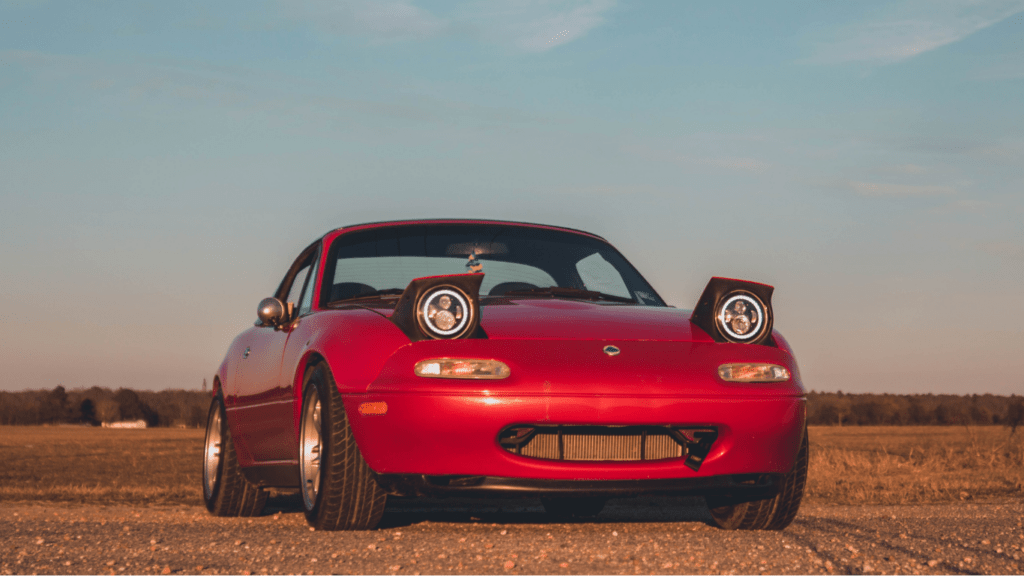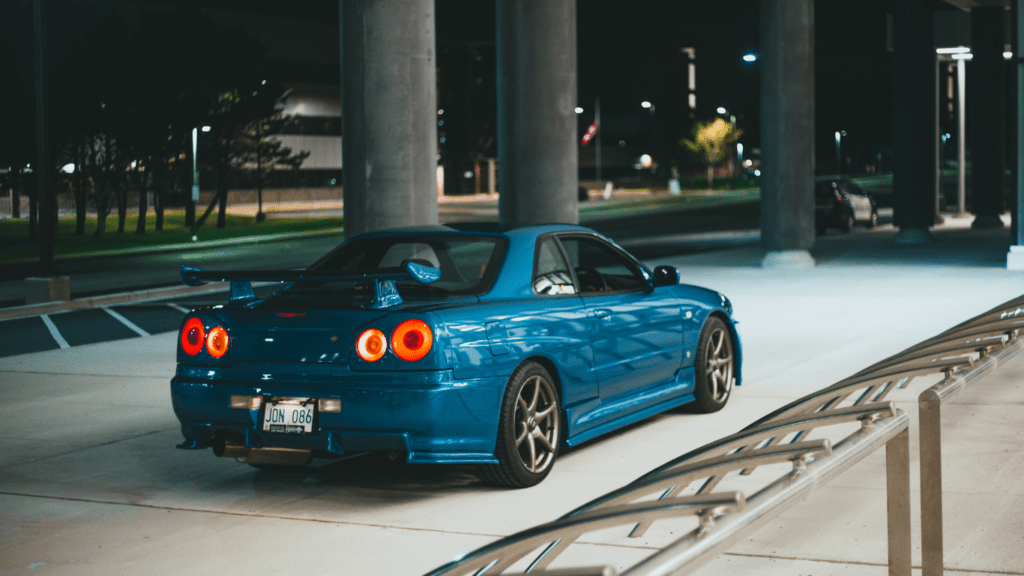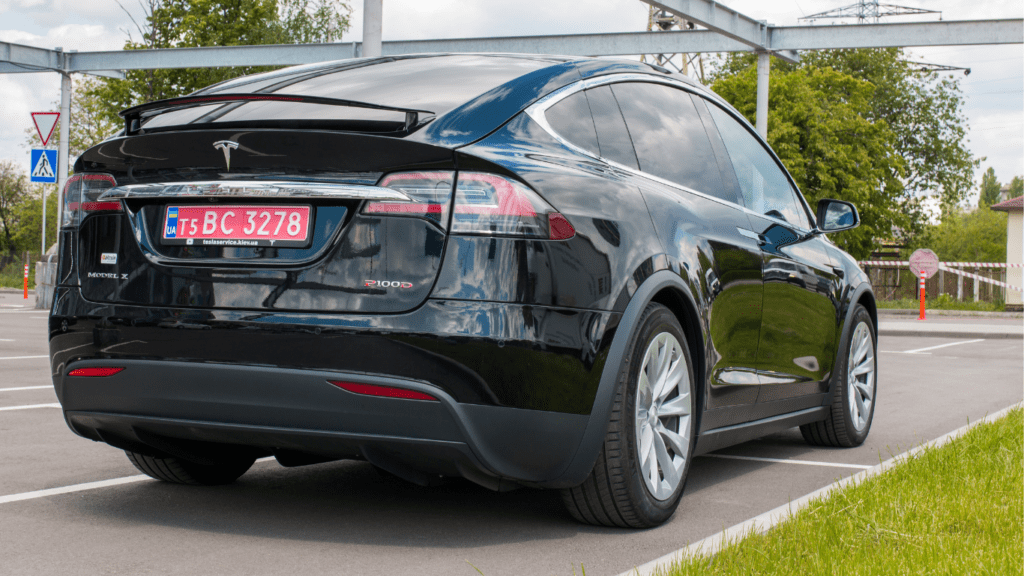The Rise of Hybrid Technology in Luxury Cars
Luxury hybrids seamlessly integrate advanced hybrid technology with premium features, setting a new standard in the automotive market. Manufacturers focus on improving fuel efficiency and reducing emissions without compromising performance.
Technological Advancements
Battery technology has progressed significantly, allowing for longer electric-only ranges. Lithium-ion batteries, prevalent in many luxury hybrids, offer excellent energy density and durability. Regenerative braking systems, which capture and store energy during braking, enhance efficiency further. Brands like Lexus and BMW incorporate these technologies to boost the appeal of their hybrids.
Performance and Efficiency
Luxury hybrids deliver outstanding performance, often rivaling their traditional counterparts. Engines combined with electric motors provide instant torque and smooth acceleration. For instance, the Porsche Panamera 4 E-Hybrid achieves 0 to 60 mph in just 4.2 seconds. Additionally, these vehicles boast impressive fuel economy, attracting eco-conscious buyers without sacrificing driving pleasure.
Environmental Impact
Carbon emissions are significantly lower in luxury hybrids compared to conventional luxury vehicles. This reduction aids in meeting stricter environmental regulations and caters to the growing consumer demand for greener alternatives. For example, the Mercedes-Benz S 560e offers a substantial reduction in its carbon footprint while maintaining luxury and comfort.
Market Demand
There’s a growing market demand for luxury hybrids as affluent buyers prioritize sustainability. Wealthy consumers seek vehicles that reflect their commitment to the environment while still enjoying high-end features. The increasing availability of luxury hybrids across brands like Audi, Volvo, and Tesla showcases this trend.
Integration of Smart Technology

Smart technologies enhance the appeal of luxury hybrids. Features like adaptive cruise control, lane-keeping assist, and advanced infotainment systems add to the driving experience. Hybrid-specific functionalities, such as energy consumption tracking and smart charging options, provide convenience and efficiency.
Competitive Edge
Luxury brands gain a competitive edge by offering hybrid models. As more consumers lean towards sustainable luxury, brands like Jaguar and Acura introduce hybrid variants to capture this growing segment. The combination of opulence and eco-friendliness positions these vehicles as top choices among discerning buyers.
The rise of hybrid technology in luxury cars has revolutionized the market by merging efficiency with extravagance.
Environmental Benefits
Luxury hybrids deliver unparalleled environmental benefits, attracting high-end buyers who prioritize sustainability without compromising on elegance.
Reduced Carbon Footprint
Luxury hybrids emit fewer greenhouse gases than their traditional counterparts. This reduction supports global efforts to combat climate change. For example, hybrid models like the Lexus LS 500h and BMW 745e significantly curtail carbon emissions. By blending electric motors with gasoline engines, these vehicles lower the amount of CO2 released during operation. The advanced technology ensures that affluent consumers can enjoy luxury while contributing to a healthier planet.
Better Fuel Efficiency
Hybrid systems optimize fuel consumption, making luxury hybrids more efficient than conventional luxury vehicles. Models such as the Porsche Panamera E-Hybrid and the Mercedes-Benz S 560e showcase impressive mileage. These cars achieve higher miles per gallon (MPG) by utilizing electric power for short distances and regenerative braking to capture unused energy. This efficiency not only reduces fuel costs but also minimizes environmental impact, making them appealing to eco-conscious buyers.
Technological Advancements
Technological advancements drive the popularity of luxury hybrids. These vehicles merge innovation with refinement, appealing to luxury buyers who value cutting-edge features and enhanced performance.
Cutting-Edge Features
Luxury hybrids boast cutting-edge features, setting them apart from conventional vehicles. High-definition touchscreens and advanced driver-assistance systems (ADAS) enhance safety and convenience. For example, smart technologies like adaptive cruise control, lane-keeping assist, and automatic emergency braking offer superior driving experiences. Moreover, energy consumption tracking allows drivers to monitor and optimize fuel efficiency.
Enhanced Performance
Enhanced performance is a hallmark of luxury hybrids. Manufacturers use advanced powertrains to improve acceleration and responsiveness. Vehicles like the BMW 745e and Porsche Panamera E-Hybrid demonstrate impressive torque and acceleration, often rivaling their gasoline counterparts. Additionally, regenerative braking systems capture and reuse energy, enhancing efficiency without sacrificing power. Lithium-ion batteries provide reliable energy storage, ensuring consistent performance. Combining these technologies results in vehicles that deliver exceptional driving experiences with minimal environmental impact.
These advancements in technology and performance make luxury hybrids irresistible to discerning buyers seeking innovation and excellence.
Economic Incentives
Economic factors play a significant role in the increasing popularity of luxury hybrids among high-end buyers. These incentives come in various forms like tax breaks and long-term cost savings, making luxury hybrids an attractive investment.
Tax Breaks and Rebates
Governments worldwide offer tax incentives to promote the adoption of hybrid vehicles. In the US, luxury hybrid owners can benefit from federal tax credits that reduce their taxable income by up to $7,500. State and local governments provide additional rebates, such as California’s Clean Vehicle Rebate Project, which offers up to $2,000 for eligible hybrids. These financial perks reduce the initial cost of purchasing a luxury hybrid, making them more appealing to affluent buyers.
Long-Term Cost Savings
Luxury hybrids offer significant long-term savings by reducing fuel and maintenance expenses. Compared to traditional luxury cars, hybrids consume less fuel thanks to advanced hybrid technologies like regenerative braking and energy-efficient engines. Owners experience lower fuel costs, which can accumulate substantial savings over time. Maintenance costs also decrease, as hybrid engines typically exhibit less wear and tear. This combination of reduced fuel and maintenance expenses adds a compelling financial incentive for choosing luxury hybrids over their conventional counterparts.
Consumer Preferences
High-end buyers are gravitating towards luxury hybrids due to a blend of sustainability and advanced technology. These preferences reflect shifting market dynamics in the luxury car segment.
Desire for Sustainable Luxury
Affluent consumers now prioritize sustainability when making luxury purchases. They seek vehicles that reduce environmental impact while maintaining opulence. Luxury hybrids, like the Lexus LS 500h, offer eco-friendly solutions without compromising on quality. Hybrid engines with lower emissions appeal to those wanting to align their spending habits with personal values.
Trends in High-End Markets
In the high-end market, trends increase demand for innovative and luxurious hybrids. Buyers look for features that enhance their driving experience and status. Premium amenities, such as high-definition touchscreens, advanced driver-assistance systems, and luxurious interiors, are now standard in models like the BMW 745e and Porsche Panamera E-Hybrid. The integration of cutting-edge technology and fuel efficiency aligns with the expectations of discerning customers who value both performance and environmental consciousness.
Leading Luxury Hybrid Models
Luxury hybrids are redefining opulence on the road. These models stand out with their blend of elegance, performance, and eco-conscious technology.
Popular Brands and Models
Several brands dominate the luxury hybrid market. Lexus, BMW, and Porsche lead the way.
- Lexus LS 500h
Combines an exquisite interior with an efficient hybrid system. Known for its craftsmanship and advanced technology. - BMW 745e
Offers a powerful plug-in hybrid powertrain. Features luxurious interiors and cutting-edge innovations. - Porsche Panamera E-Hybrid
Integrates high-performance with hybrid efficiency. Provides a sporty driving experience without sacrificing luxury. - Mercedes-Benz S 560e
Known for elegance and advanced hybrid technology. Offers an opulent experience with impressive fuel economy.
Key Specifications and Features
Luxury hybrids boast exceptional specs and features.
Lexus LS 500h
- Engine: 3.5L V6 hybrid
- Horsepower: 354 hp
- Fuel Efficiency: 33 mpg combined
- Features: High-definition touchscreens, Adaptive Variable Suspension, Lexus Safety System+.
BMW 745e
- Engine: 3.0L 6-cylinder plug-in hybrid
- Horsepower: 389 hp
- Fuel Efficiency: 56 MPGe
- Features: Gesture Control, Driving Assistance Professional, wireless charging.
Porsche Panamera E-Hybrid
- Engine: 2.9L V6 twin-turbocharged hybrid
- Horsepower: 552 hp
- Fuel Efficiency: 50 MPGe
- Features: Porsche Advanced Cockpit, adaptive air suspension, Porsche InnoDrive.
Mercedes-Benz S 560e
- Engine: 3.0L V6 plug-in hybrid
- Horsepower: 469 hp
- Fuel Efficiency: 64 MPGe
- Features: Energizing Comfort Control, MBUX infotainment system, Burmester 3D sound system.
Luxury hybrids from these leading brands exemplify how sustainability and sophistication can coexist, appealing to high-end buyers seeking eco-friendly options without compromising on luxury or performance.



 Luxury Lifestyle & Partnerships Manager
Luxury Lifestyle & Partnerships Manager
